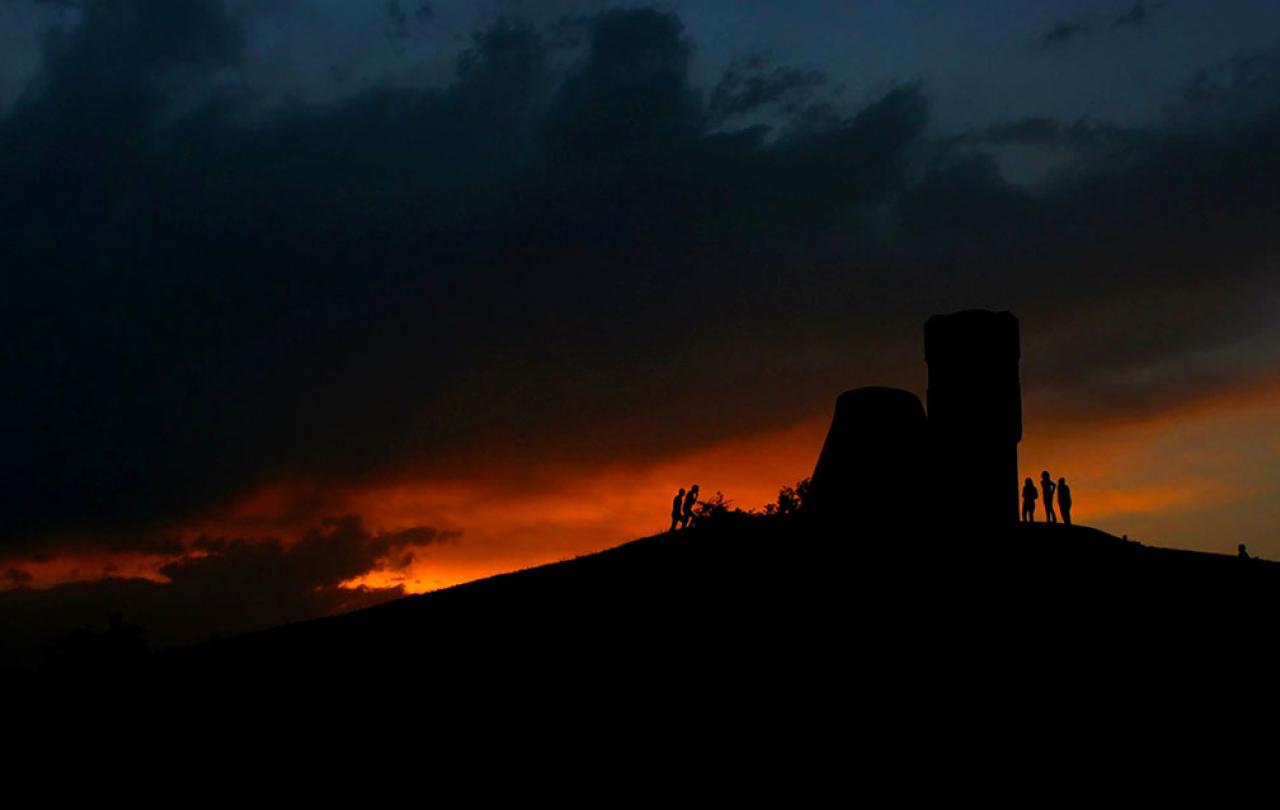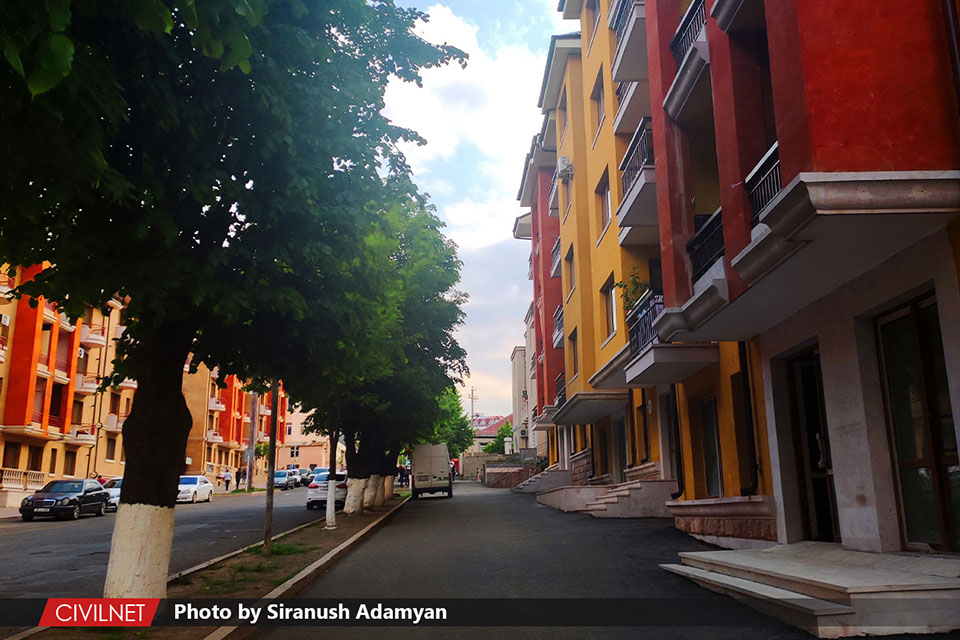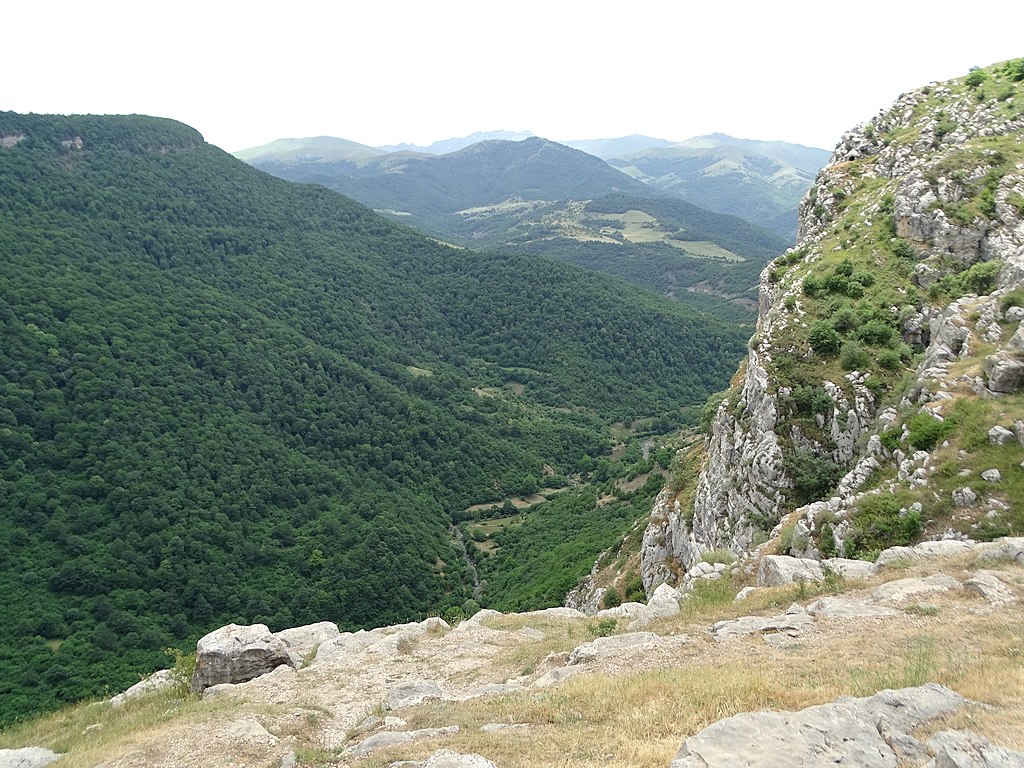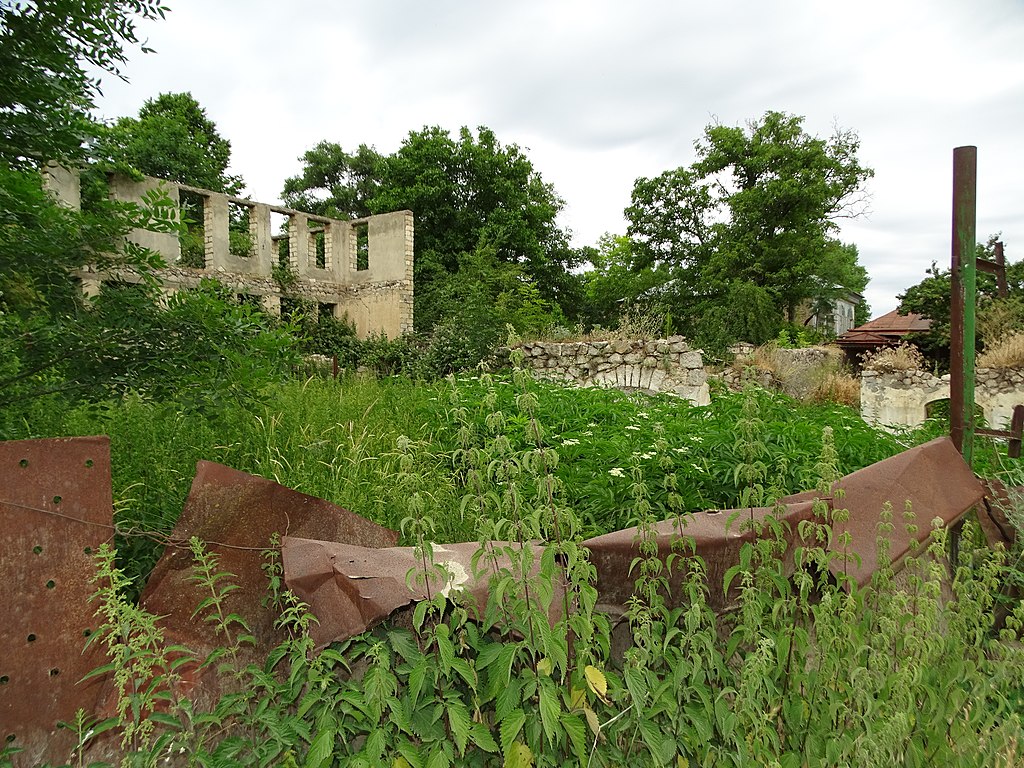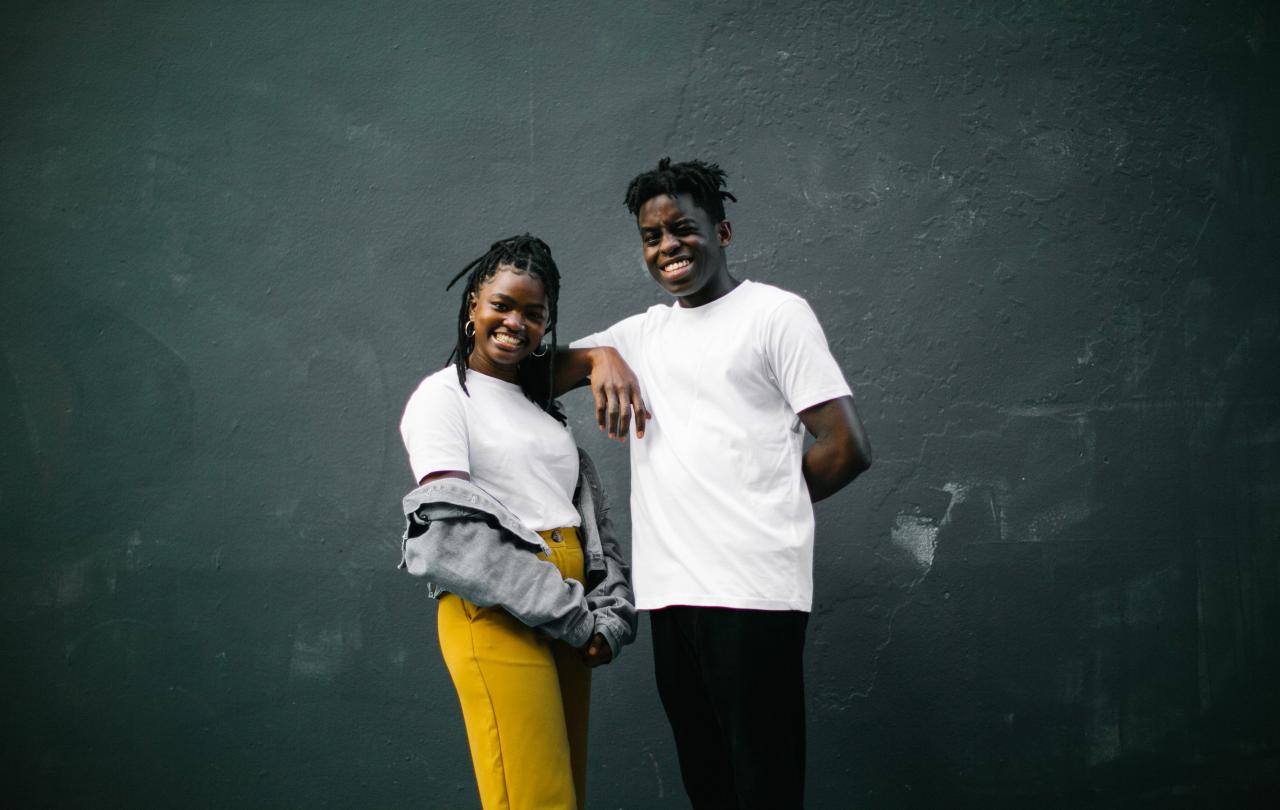
How seriously do you take your moral conscience? How much heed do you pay to your inner monologue?
Sam Mabley, one of the founders of Yes Friends, was wandering around a shopping centre one day when his conscience told him that he couldn’t buy any item of clothing that was made un-ethically. Any garment which had in any way contributed to the exploitation of those who had made it was simply off limits.
To buy or not to buy: it was, and is, a question of justice.
It may be helpful at this point to remind ourselves why, to put such a thought in context.
The global garment industry is growing at an unprecedented rate. Having doubled in size in the past fifteen years (in terms of global revenue), it is predicted that by 2030, the industry will have grown by another 63%. What’s more, if it continues to operate at the speed and intensity we’re seeing at present, it will devour far more resources than the earth can possibly provide. This world of ours has never seen anything quite like this.
The garment industry has therefore, unsurprisingly, become the most labour-dependent industry of our age. In particular, the ‘fast’ fashion industry (a large swathe of the industry that relies on incredibly fast, cheap, and large-scale production) is being propped up by a vast and complex supply chain. It quite literally spans continents. And somewhere, often lost in the middle of it all, are the near sixty-million garment workers, the vast majority of whom are living in poverty.
Despite it being widely acknowledged as a Human Right, millions of garment workers are being denied a liveable wage. They are drastically over-worked and perpetually under-paid, working in notably dangerous conditions (the likes of which are often highlighted by news of factory fires that continue to take lives in Bangladesh) and denied any form of job security.
All of this is being relentlessly driven by our insatiable demand.
With this context in mind, back to Sam.
Their entire business model exists to be a correction of an industry that is so harmful it can be hard to fathom, and yet, there’s no doom present in the DNA of Yes Friends.
A few years after his conscience began to nudge him and he’d consequently set up an ethical clothing shop, Sam found himself unexpectedly stumbling upon Bible verses such as,
‘So I will come to put you on trial. I will be quick to testify against sorcerers, adulterers and perjurers, against those who defraud laborers of their wages’
And even,
‘Look! The wages you failed to pay the workers who mowed your fields are crying out against you. The cries of the harvesters have reached the ears of the Lord Almighty.’
That can often happen. One finds themselves bumping into bible verses as one unexpectedly bumps into an old friend that they had just found themselves thinking about – just at the perfect time. You can consider it coincidence, or as Sam did, you can consider it confirmation.
Fast-forward to April 2021, Sam and a band of merry co-founders launched a strategically simple campaign that caught a huge amount of attention: they encouraged consumers to pre-order a plain white T-shirt for £7.99, thus showcasing that ethical fashion doesn’t have to be unachievably expensive. And two-thousand people did just that (many of whom doubled up, bringing in around 4,000 initial orders), they bought into a product and, more importantly, into an idea. With large scale, small margins, and the will to do things differently, our most foundational items of clothing don’t have to cost the (literal) earth. Yes Friends have proved it.
When chatting to Sam and Dan (another of Yes Friends’ original pioneers), I was struck by how their hopefulness had, and still does have, practical application. Their entire business model exists to be a correction of an industry that is so harmful it can be hard to fathom, and yet, there is no doom present in the DNA of Yes Friends. On the contrary, optimism and joy are baked into this brand. It reminded me of a conversation I had with Lord Micheal Hastings, a man who has spent his entire life ‘bending the power of the prosperous to the potential of the poor,’ who was a guest on the first season of the Re-Enchanting podcast. Lord Micheal met my gloomy admission that I so often feel too small to be any kind of solution to the world’s many injustices with the kindest and most profound telling off I’ve ever received. He said,
‘We’re too big not to be the solution. What fills the space of the problem should be our optimism. We should be willing to step into the breach where things don’t work and make them work’.
And that’s exactly what Yes Friends are doing. Sam’s words had that exact optimism in them when he simply said, ‘we can do this better, so why don’t we?’. He and his team have consequently stepped into the breach where things aren’t working and are showing that things can work in a fairer, non-exploitative, far more conscious way. They are working with a solar powered, water-positive, Fair Trade certified factory in Northern India. On top of this, Yes Friends has pioneered a bonus scheme, paying an additional premium directly to the garment workers, ensuring that they receive a good wage.
And what’s really striking about Yes Friends’ success, aside from the fact that they’re saving the world one t-shirt at a time, is that their defiant optimism is proving to be rather infectious.
As noted, it strikes me that when people are buying products from Yes Friends - as well as buying a beautifully crafted piece of clothing – they are purchasing a piece of this defiant hopefulness. People are buying into a better way, committing to making a better choice. It’s this way of innovating that can create a truly circular way of consuming: Yes Friends are serving their customer base, who are serving the garment workers, who are then re-serving the customer base. And on it goes.
The brand has cultivated such a good relationship with their customers that they have managed to incorporate their voices into the creative process. Their customers are continually encouraged to communicate their wants/needs and even have a say in the design of the clothing.
Yes Friends are making wonderful, high quality, clothes; and they’re dispelling any kind of ‘it just is the way it is’ myths along the way.
So, back to our key question. To buy or not to buy? When it comes to Yes Friends products, I should think the answer is obvious.





